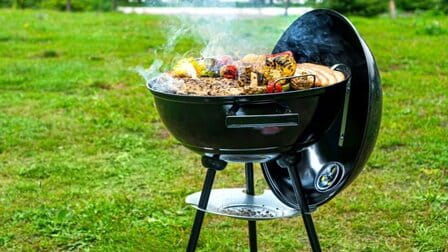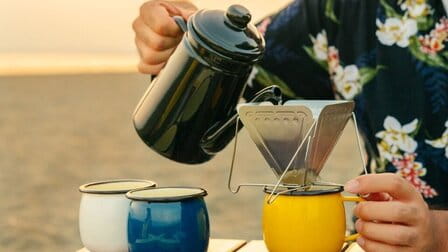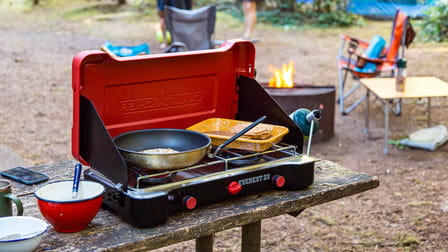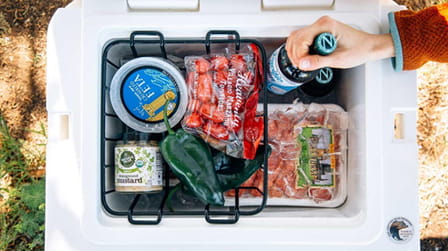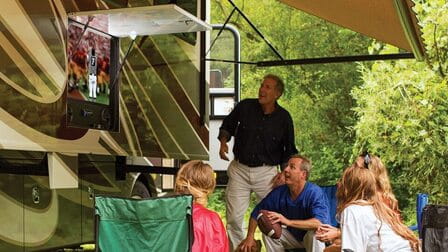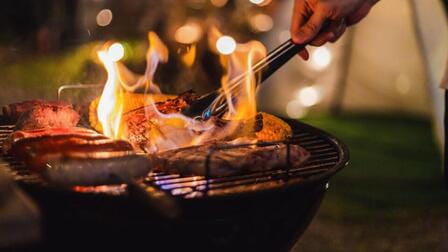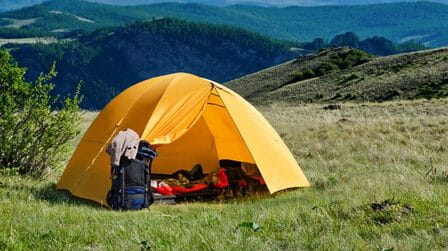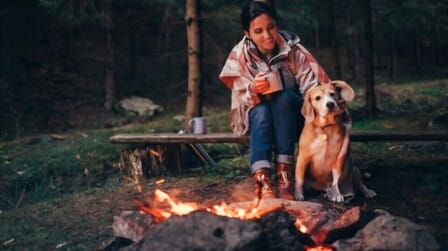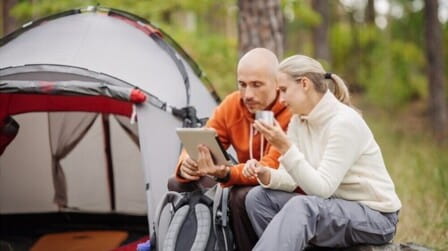You will very certainly see "camping stove" included on the majority of camping checklists available online. Does this imply that you must own one? In addition to describing the many types of camping stoves available, this essay discusses the benefits and drawbacks of using a camping stove vs cooking over a fire. These are some benefits of camping stoves, but even if you are taking campfire materials, a camping stove is unquestionably a pleasant to have. Instead, let's discuss the reasons why, so that by the conclusion of this piece you'll have enough knowledge to decide if you need one or not.
Benefits of Camping Stoves
Having a stove provides you some fire safety. Finding enough dry fuel for a campfire after a lot of rain might be challenging. When cooking a meal, wood-burning camp stoves utilize a small portion of the fuel that campfires use. With relatively little fuel, they can direct a lot of direct heat. You won't need much—just a few dry twigs—so long as you can find any. Additionally, using a camping stove eliminates the need to rig anything to hold your cookware firmly over an open flame. Your camping burner may be used to cook directly with your pots and pans. Here are some benefits of camping stoves you should know.
Simple to ignite
First, the benefits of camping stoves are simple to ignite. You don't need to hunt for kindling or keep track of your fire-starting supplies because portable stoves are simple to ignite with a lighter or match even in windy or damp weather. It might be challenging to plan ahead for firewood. It is ideal for those new to hiking and camping since even novices may light it up without any instruction.
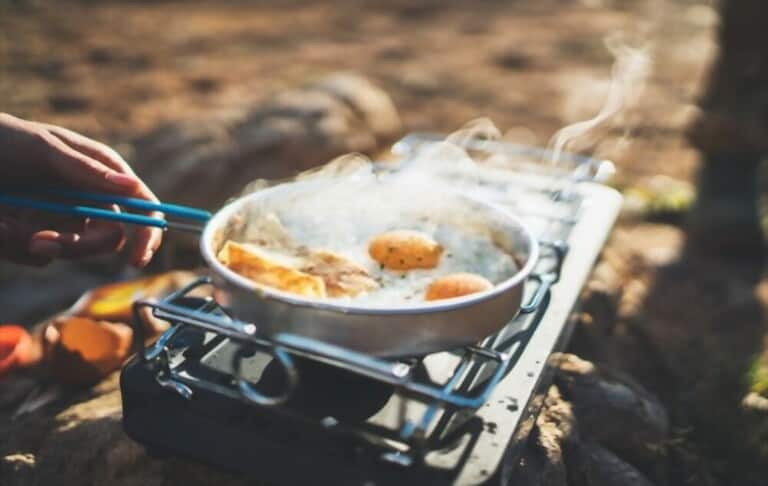
Waterproof
While camping stoves may function in rainy weather, giving some much-needed heat and the capacity to prepare warm meals and beverages even in the midst of a storm, damp wood will not light. Nobody wants to be stranded in the rain without access to food or shelter.

Evening meal
Evening meal is also a good choice from some benefits of camping stoves. Because they are generally unmanaged, open flames don't cook food consistently. Get a camping stove so you can manage the heat and the temperature at which you cook to consistently produce precisely cooked food rather than removing burnt bits and pieces from the edges of your dish.

Simple to comprehend
The learning curve for camp stoves is rather low because they resemble kitchen gas burners. You don't have to waste valuable time attempting to figure it out; you can start preparing food or brewing coffee whenever and wherever you choose.
You are forced to use a camping stove since despite many parks' burn restrictions, they nonetheless permit its usage. Before you bring your equipment, be sure to review the park regulations.

Selecting a Camping Stove
Looking for a camping stove? We'll show you what to look for and how to choose the best model for your needs.
The ideal camping stove should be chosen based on a variety of considerations. How far will you need to transport your equipment from your car to the campground? Below, we outline the key factors to take into account when choosing the finest camping stove, including the distinctions between freestanding and tabletop versions. See our post on the best camping stoves for a look at our favorite choices.
Choose a Stove Style
Choosing the ideal stove style for you is the first step. There are two primary categories: more portable tabletop designs and freestanding ones with legs. Freestanding stoves make sense for large parties or individuals who require a lot of power and cooking area since they are heavier, bigger, have two or three burners, and typically have higher BTUs (more on them below). Freestanding versions also have the advantage of being easy to set up almost anywhere. This eliminates the need to search for a level area when camping or use up an important prep room with your stove.
On the other hand, tabletop designs work just as their name suggests: Set them up on a bench or picnic table and you're ready to start cooking. Tabletop stoves are significantly more portable than freestanding ones due to the absence of legs. You must have a stable platform for cooking with these units; if not, think about taking a separate camping table. High-end tabletop designs and bigger freestanding stoves can perform rather differently, but in general, you should expect fewer burners, lesser output (fewer BTUs), and less cooking area if you choose the tabletop option.
Decide on the quantity of burners
Choosing how many burners you require is next. Both freestanding and tabletop camping stoves often have two burners, and for good reason. They are also substantially lighter than the two-burner rivals and take up less room and mass. While there won't be much room for cooking and you won't be able to prepare elaborate five-course dinners, one-burner stoves are often quite portable and may function very well while hiking.
Three-burner stoves are worth considering if you want to take up the position of camp chef seriously and anticipate frequently cooking for big parties of seven or more people. They are almost unique in their own class due to their massive footprints and potent burners. As an alternative, you might select a system of linked stoves to expand your cooking area.
These add-on installations can make a lot of sense for people who are worried about packing size and mobility and are ready to pay for the privilege. The number of burners you require ultimately depends on a combination of personal choice, the complexity of your dishes, and the number of campers you need to serve.
Culinary Area
When talking about burners, space is a crucial and sometimes forgotten factor. A big cooking surface will enable you to set two large-diameter objects next to each other, such as a cookpot for spaghetti and a 12-inch cast iron pan. Although two 10-inch pans can still fit in compact versions, you can run out of room when preparing a big supper. To make sure you have enough space for your cookware, we advise carefully reading each stove's specs before making a purchase.
Conclusion
It will be difficult to get your stove to your camp if you don't prepare ahead of time. The greatest daypacks for hiking can be found along with bodypacks that can hold your portable stove and other gear like bear-proof food containers and waterproof tarps. Hope the above information on the benefits of camping stoves will be necessary with you when you get a camping trip.

